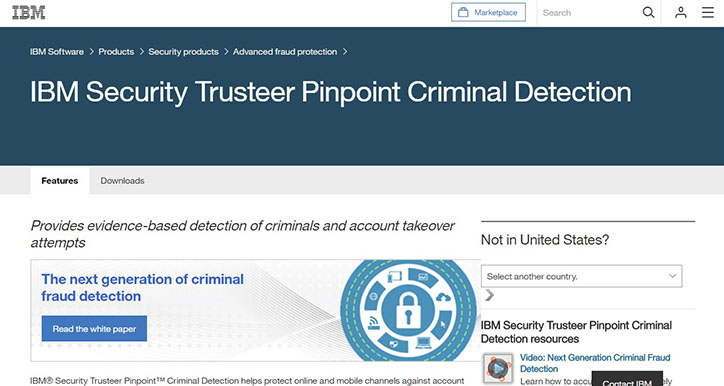The concept of cloud computing is an emerging IT delivery model. This term is generally used to refer to the way hosting services are provided through the internet. It’s a system that saves money and still gives you the control of managing the requirements of your business. You can be able to access important services that you need on the internet and get a secure solution for your business requirements. This is due to its affordability, flexibility, and the self-service capacity. With the underlying technology, choosing the right service for you and your business can make all the difference in how your IT operations are run. There are three types of cloud computing which include public, private and hybrid computing. The hybrid cloud computing is a new model of cloud computing that is very useful for businesses.
Hybrid Cloud Computing
The use of hybrid computing provides the best services without the business having to shut down the in-house network. It’s a combination of a private cloud with public cloud services like Google or Amazon. The main goal is to combine the services as well as data to create an automated, unified and all-around better computing environment. A hybrid cloud is a computing environment in which an organization provides and manages resources internally and externally. However, it should be noted that not all companies that use public and private cloud computing services have a hybrid cloud. For example, an organization can place applications in the public cloud that are not cost effective to deploy in their private network. Private and public clouds are distinct and independent elements. This gives the organization the computational data to run applications. The hybrid approach allows a business to take advantage of the cost-effectiveness that a public cloud computing system offers without public vulnerability. It creates an environment where private and public services are used as complementary to create value. Hybrid cloud solutions provide faster innovations and control of applications among data users.
Advantages and Disadvantages of a Hybrid Cloud Computing
One of the benefits of a hybrid cloud is the provision of private infrastructure which is easily accessible. This massive web infrastructure has benefited both small and medium sized businesses.
Secondly; when a hybrid cloud has been implemented, business processes are designed with the cloud in mind and connected with the computing environments, making a more coherent network.
Thirdly, it allows organizations to maintain a centralized governance of IT resources while still benefiting from cloud computing services.
In addition, resources from physical servers are pooled from the different servers to the data centers and locations. This reduces data access time. It further saves the extra cost of purchasing exclusive server hardware for a fairly reliable connectivity. Another advantage is that it’s possible to support the average processing workload for the business more easily as this allows an additional margin for computing time. This makes it possible to retain accumulated business and improve on sales.
However, hybrid cloud systems possess some major challenges like the possibility of service disruptions since it requires solid network connectivity. Secondly, it requires API compatibility so that it can be able to interact effectively with both the public and the private clouds to give the best hybrid cloud solutions. Last but not least, hybrid cloud computing solutions are very expensive.
Sourced from: searchcloudcomputing
Featured Image: bisinfotech.com









